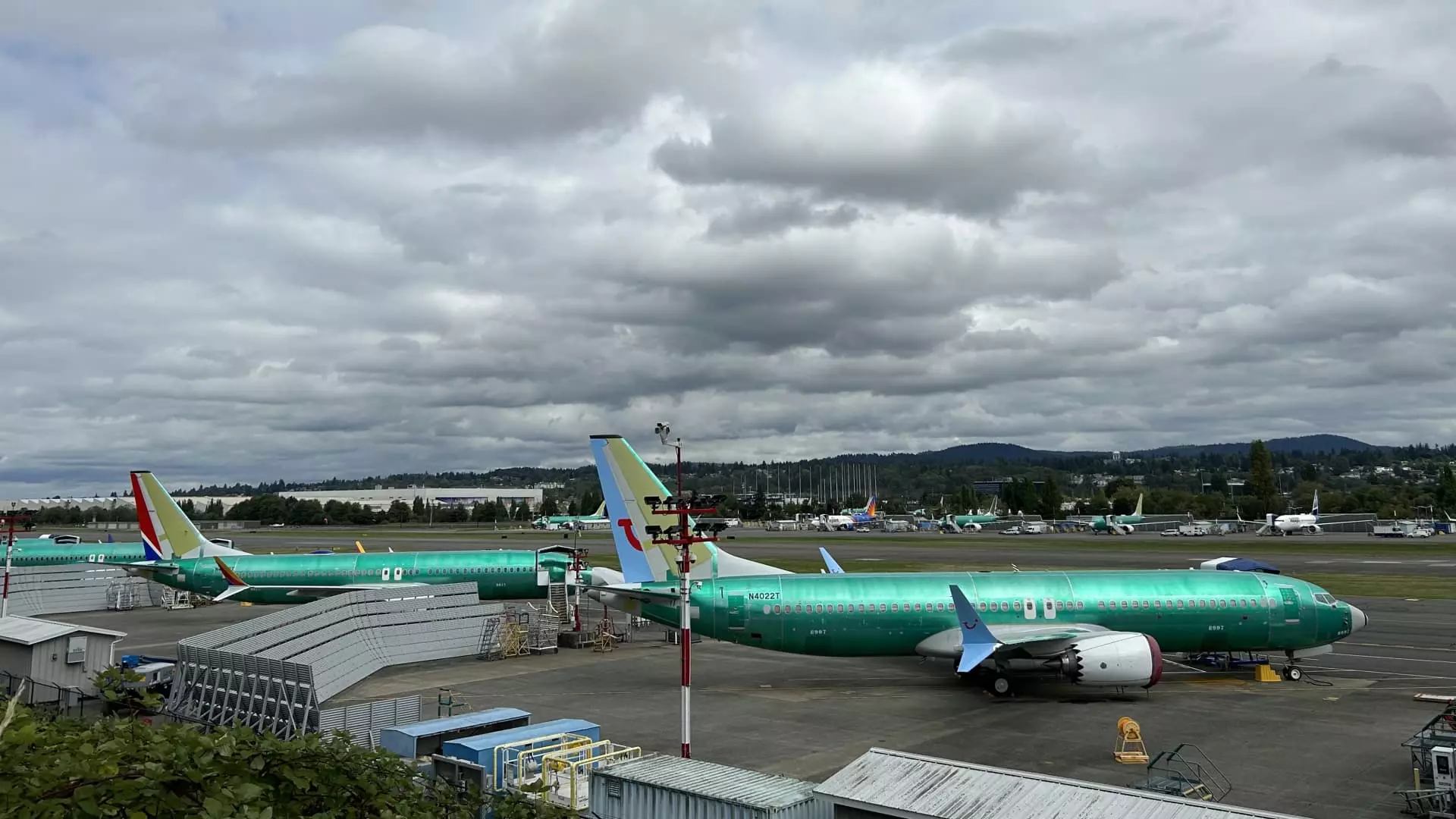In 2024, Boeing faced substantial headwinds, culminating in the delivery of only 348 aircraft, marking a drastic reduction of approximately one-third compared to the previous year. This slump can be attributed to several critical factors, including a serious crisis stemming from a midair incident last year involving a door panel blowout. Additionally, a machinist strike in the fall severely disrupted production lines, further exacerbating Boeing’s challenges. Such a decline not only impacts Boeing’s immediate financial health but also poses a significant threat to its competitive positioning in the aviation sector, where it continuously vies for market dominance against Airbus.
Widening Gap with Airbus
Boeing’s delivery numbers starkly contrast with those of its main competitor, Airbus, which successfully delivered an impressive 766 jetliners in 2024, the company’s highest output since 2019. This widening gap in deliveries illustrates not only the immediate struggles faced by Boeing but also the strategies that Airbus has employed to effectively navigate similar industry-wide supply chain constraints. While both aerospace giants contend with prolonged delays and operational challenges, at present, Airbus’s robust performance reflects its ability to adapt and respond to evolving market demands more effectively than Boeing.
Deliveries are critical for aircraft manufacturers, serving as the juncture when customers settle the majority of an aircraft’s price. In December, despite the turmoil, Boeing managed to deliver 30 airplanes, which included the resumption of its best-selling 737 Max production following the resolution of the machinist strike. Such deliveries are vital, as they not only contribute to immediate revenue but also help regain clients’ confidence in the brand, which has been sorely tested by recent events. However, the overall shortage of aircraft resulting from supplier challenges has led to skyrocketing lease rates—predicted to reach unprecedented levels this year—putting additional financial pressure on aviation operators.
Amidst these challenges, Boeing recorded 142 gross orders in December alone, including significant contracts like 100 737 Maxes for Turkey’s Pegasus Airlines and 30 787s for flydubai, first revealed during the Dubai Air Show in late 2023. Yet, the company also experienced setbacks, such as more than 130 orders being rescinded from the now-defunct Jet Airways of India. Ultimately, Boeing’s gross orders for the year tallied at 569, with a net of 377 aircraft when excluding accounting adjustments. This demonstrates ongoing customer interest amid adversity, although Boeing trails Airbus, which reported a total of 878 gross orders and 826 net orders for the year.
Looking to the future, CEO Kelly Ortberg and Boeing’s leadership will face investors with pressing questions regarding their strategies for scaling up production and restoring profitability in an increasingly competitive landscape. As they prepare for the upcoming investor meeting, the focus will be on how the company can effectively address past failures while revitalizing its manufacturing capabilities to regain its footing in a challenging marketplace. The measures Boeing implements in the coming months will be critical in determining not just its recovery trajectory but also its long-term sustainability as a leading player in the global aerospace industry.

